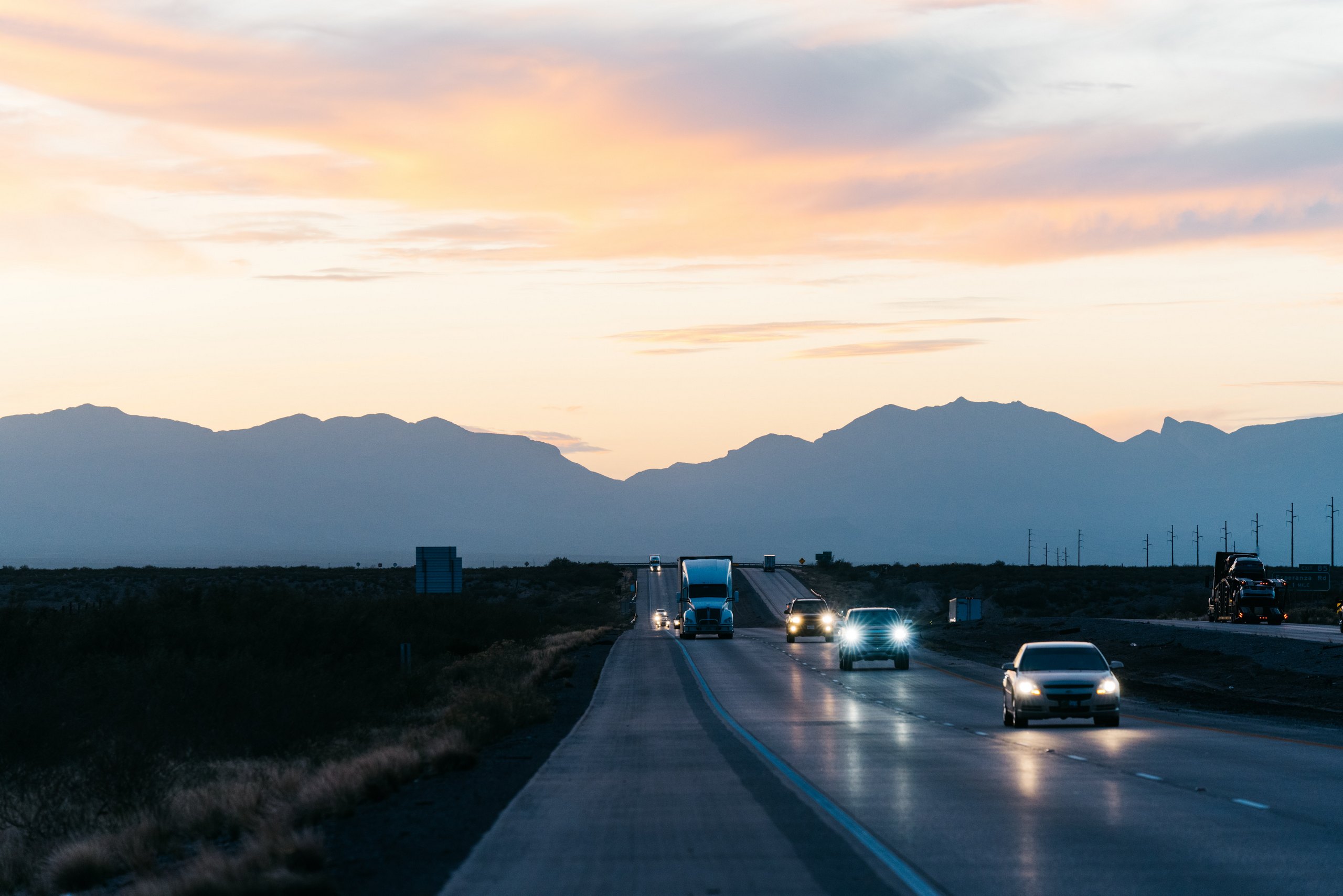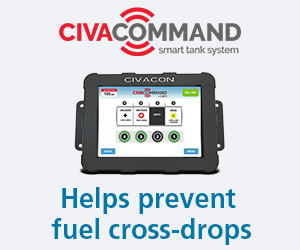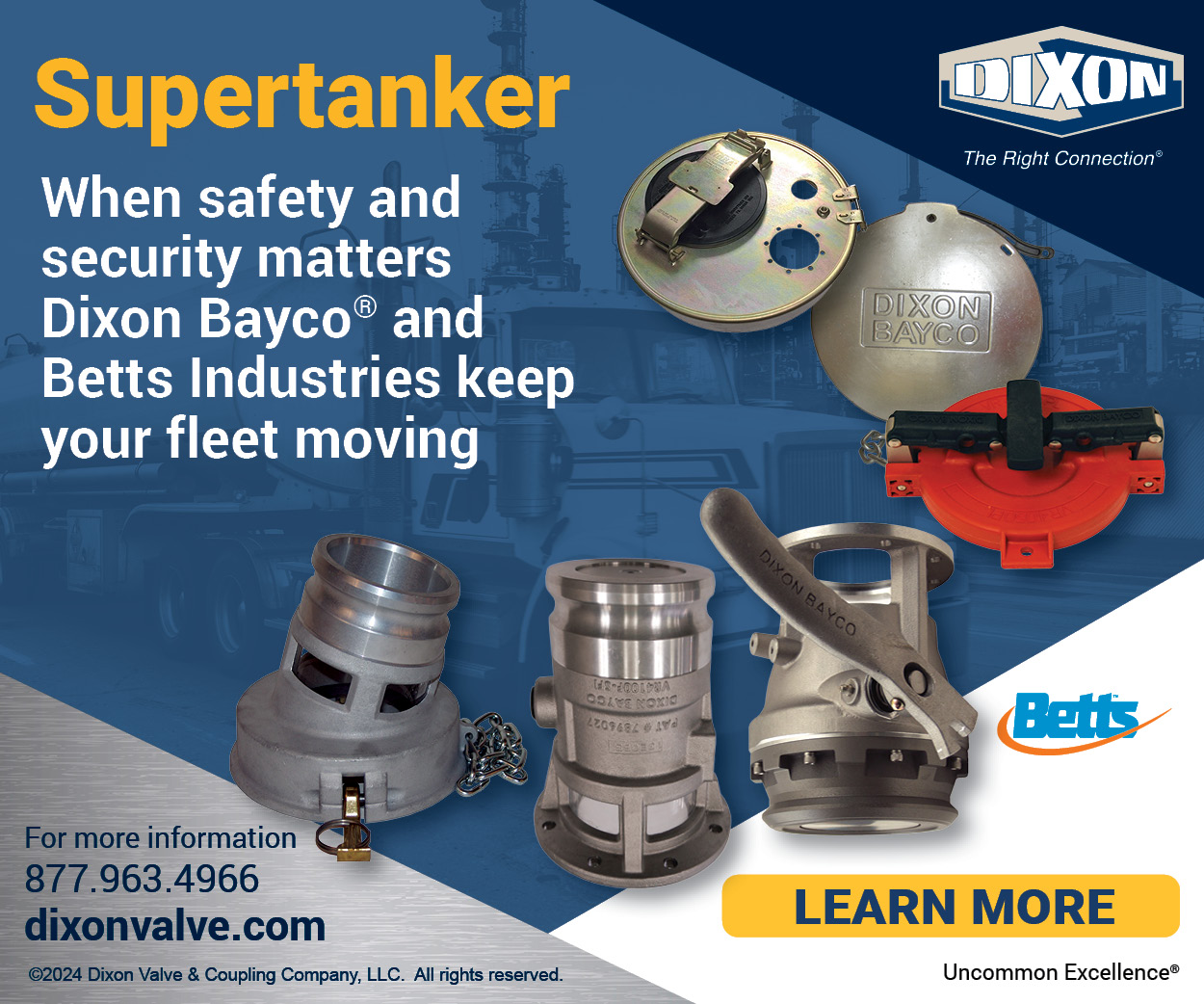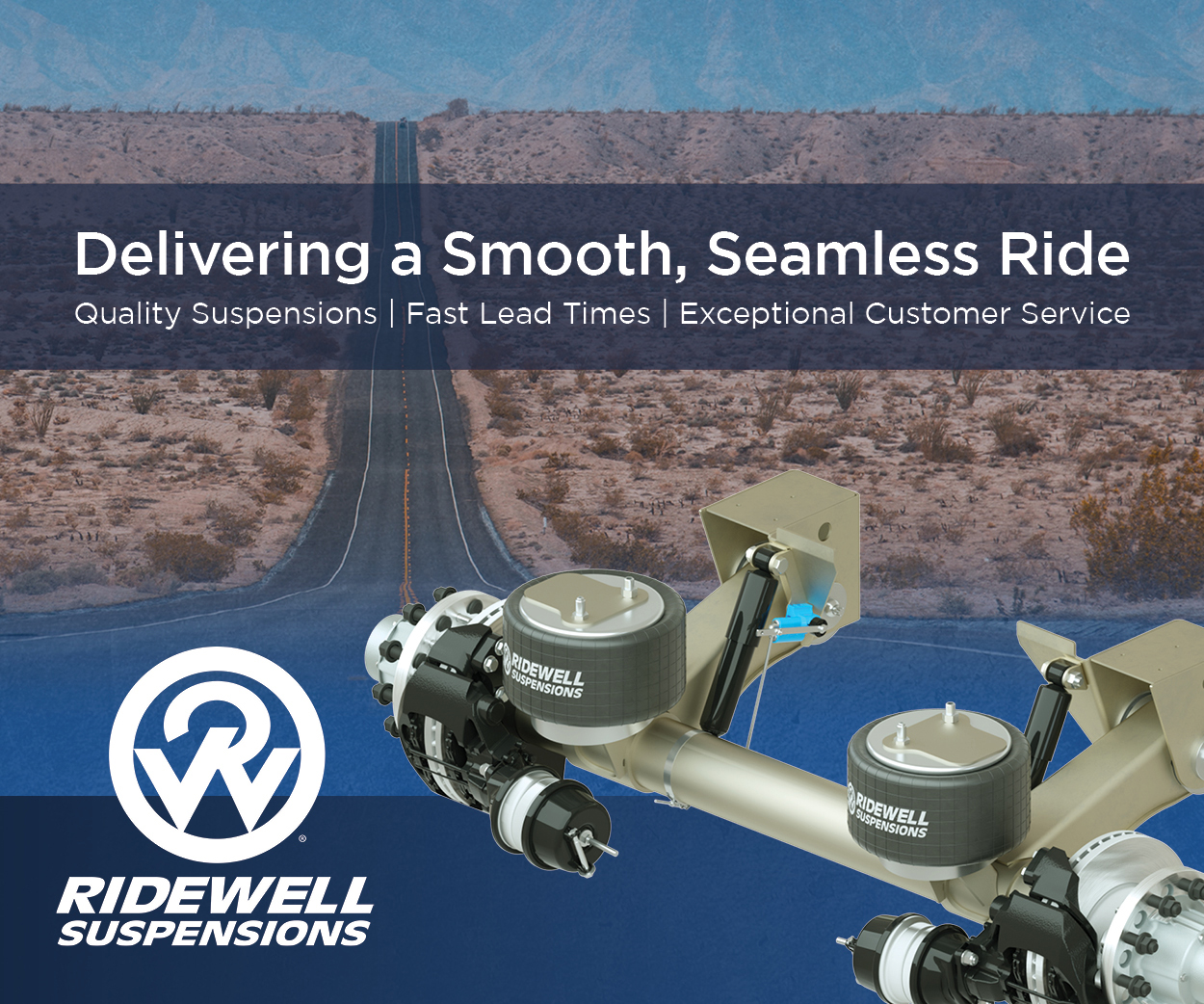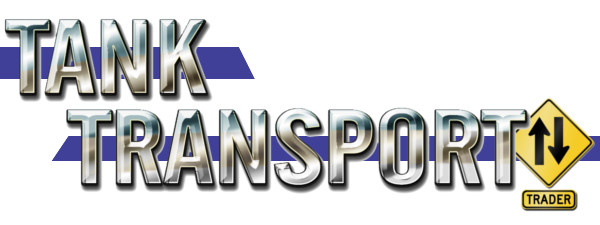Fleet size directly correlates with whether a carrier has a disaster plan in place to deal with emergencies such as a long-term pandemic, according to a new trucking industry study.
The study, released by the American Transportation Research Institute (ATRI) and the Owner-Operator Independent Drivers Association (OOIDA) Foundation (an affiliate of OOIDA), found that most owner-operators and trucking firms do not have a formal disaster plan, and of those that do, less than one-third address pandemics.
Disaster Plans Vary By Fleet Size, Study Shows
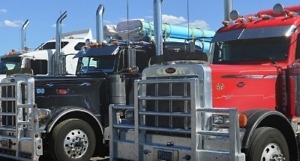
“Nearly 80 percent of owner-operators and small fleets do not have any type of disaster plan in place, whereas 70 percent of large fleets do. Given the large percentage of small fleet registrations in the U.S., industry associations and government agencies should facilitate and/or expand the role of disaster planning among this sector of trucking.”
The study looked at a range of issues affected by COVID-19 and was based on 5,100 survey responses returned as of April 8. The majority of respondents, 77.1 percent, were truck drivers. About 70 percent of respondents operated fleets with 50 or fewer trucks.
Regarding detention times, while most truck drivers responded that detention, loading and unloading times were about the same during the pandemic, one-third found that they were worse, according to the study. The smallest and largest fleets encountered the longest delays at both shipping and receiving facilities.
Enjoying our insights?
Subscribe to our newsletter to keep up with the latest industry trends and developments.
Stay Informed“This is problematic as previous research by both OOIDA Foundation and ATRI indicates that detention times were extremely excessive and growing worse prior to COVID-19,” the study points out.
Larger Fleets
Respondents with larger fleets (251 to 1,000 power units) had the most difficulty finding parking, with a smaller percentage of owner-operators and small fleets having the same problem. According to the study, the lower figure could be a result of smaller companies “having more creative parking options” than larger fleets that have private truck stop contracts.
Asked to identify national disaster strategies that government agencies should consider, nearly 20 percent of respondents said the top priority of state governments should be expanding truck parking availability and ensuring safe parking. About 12 percent responded that financial assistance should be a top priority from either the state or federal government. Respondents also suggested reducing or eliminating fuel taxes, regulating broker fees, and locking in freight rates.
COVID-19 Impacts Believe Temporary
In addition, more than 35 percent of respondents believe COVID-19 impacts will be temporary in terms of industry operations, with 18 percent indicating they are considering permanent business model changes.
Other findings in the study:
- Long-haul trips were down considerably as container imports at ports dried up. At the same time, local trips under 100 miles increased by more than 100 percent.
- Certain segments of the industry, such as medical devices, perishable foods and paper products, saw solid increases in truck traffic. However, nearly 50 percent of respondents described freight levels as “somewhat” to “much” lower due to the pandemic.
- Nearly 70 percent of specialized and tank-truck operations were negatively impacted. In nearly every instance, smaller fleets reported greater negative impacts than larger fleets.
- The trucking industry’s perceptions about the country’s economic situation over the next several months lean slightly pessimistic, both in terms of freight movement and consumer spending.

